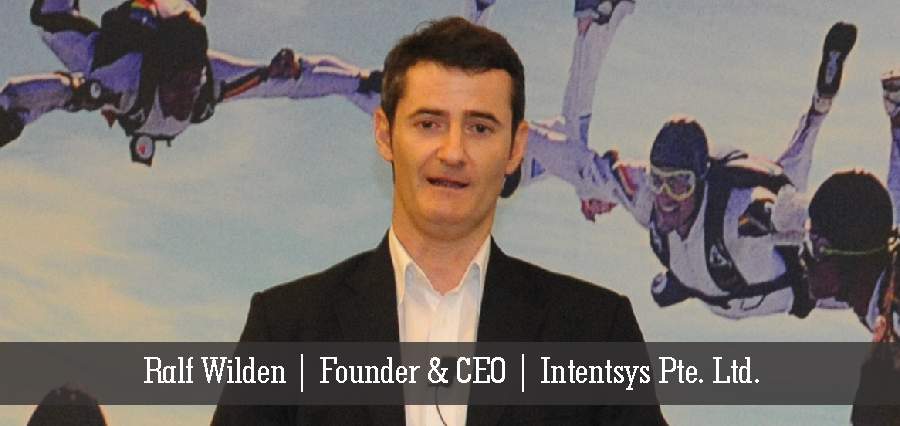Data Integration has a long history in computing, so have these foreign sounding APIs – Application Programming Interfaces. These are Software programs digging holes into the software application to tap data for subsequent processing.
Recently, APIs underwent a renaissance when Cloud Applications (aka. Software as a Service or SaaS) had a breakthrough in Enterprise IT.
SaaS delivers on the promise of Pain-Point solutions. For every corporate automation problem, there might be a SaaS. That means for each problem, there is a separate datasource to help process your transactions.
Now this is creating a new problem. How to harmonize all the data from multiple SaaS? How many duplicates of your customers, vendors, materials have to be created and maintained? Where is the source for reporting, analytics and the mobile application to be launched? The situation is causing a data mess and bringing process innovation to a standstill.
This is where Enterprise Integration saves the day. APIs are like plugs and sockets and the integration platforms are like electrical wires to keep the lights on.
DYO is the future for operational efficiencies.
The latest improvement in integration platforms is that they reside in the cloud too (aka. Integrated Platform as a Service or iPaaS) And they can be accessed with browser-centric user interfaces. No more overly technical nerdy tools to be installed on the desktop. Access to all the tools and platform online instead.
This is one new aspect of the future of integration.
This is an invitation for roles in an organization that had no direct impact previously – Corporate Generalists, Business Analysts, Business savvy Technologists or Process owners . An invitation to tap corporate data assets for departmental needs – as easy as taking petrol from the gas station.
Perhaps for a specific team need, a promotional or seasonal initiative or just for one time manager enquiry only?
Operationally efficient without waiting endlessly for inflated, bombastic integration projects.
However, people enablement is required to be effective. And after all, there is still a need for governance like authentication and authorization, so that the payroll accounting doesn’t land in Facebook.
Win-Win is the power of APIs
To switch gears, there are other aspects in the future of integration. To begin with, the corporate data assets might mean something for external stakeholders, like the customers, vendors, partners or consumers. The Line of Business organization might not even know, what it could mean to these externals, how they could innovate with it, deliver new value and synergies. That has been staying in the corporate blind spot, no matter how many business leadership workshops are conducted. The leadership team knows its own organization well but rarely the strategies and challenges of the associated external organizations.
Now APIs are the way to deliver innovation for the external organization to innovate. And that innovation creates synergies.
Take Google Maps. Driven by APIs. Google enabled a huge community to tap into their data assets. There was clearly innovation for the beneficiaries.
Enterprises like Uber and Airbnb went to market with new business models.
Who is the winner here? Are these the Innovators or is it Google, the provisioning platform? – Both sides win…..big.
In this upcoming API-connected world, how well companies access the myriad of IT applications, data and devices will define their competitiveness. The buzzword is Digital Transformation. And there is simply no Digital Transformation without being seamlessly connected.
Large Enterprises of all industries follow Uber’s and Airbnb’s lead and have started initiatives. Unilever for example managed to reduce their new product introduction (NPI) cycle, the time to get the latest Shampoo on the shelf, from 6 months to 6 weeks.
No matter, whether enterprises grow integration from the tactical or strategic angle, all businesses, large or small, will start somewhere to eventually become software-driven.
About the author
Ralf Wilden is the founder and CEO of Intentsys Pte. Ltd., which is short for Integrated Enterprise Systems. A boutique consultancy and independent Service provider in the arena of Enterprise Integration. Intentsys got a network of skills in Singapore and South East Asia.


